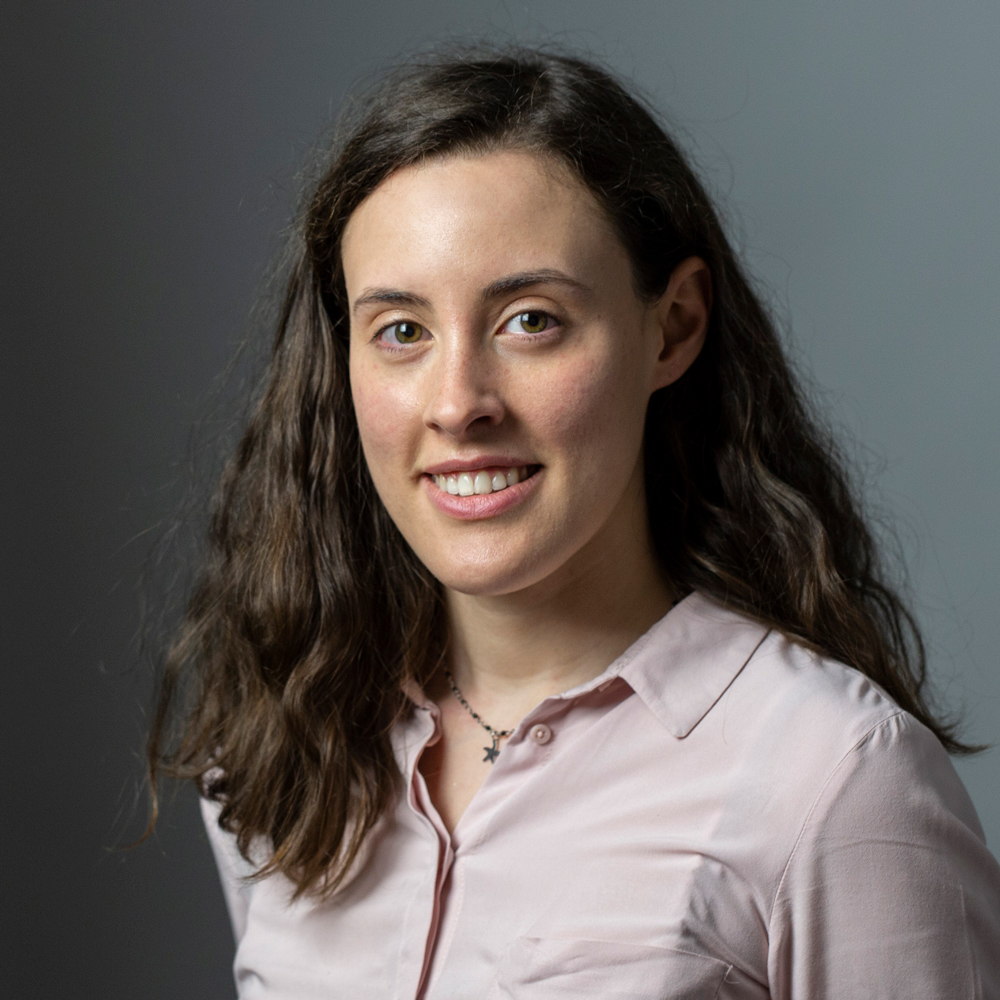
How Locarno became the ‘city of peace’
Known for its idyllic lakeside scenery and holiday vibe, Locarno was the unlikely setting for a major diplomatic achievement in 1925 that became synonymous with reconciliation and peace in Europe. The event had a lasting impact on the city.
In the 1920s, Locarno was a small town with a thriving watch and chemicals industry. Its tourism sector too was making a decent trade, drawing holidaymakers from abroad with the surrounding green mountain peaks and crystal blue waters.
Over the course of ten days in October 1925, the town attracted a different type of visitor altogether, as it hosted high-stakes diplomatic talks more commonly associated with Geneva in western Switzerland, back then the seat of the League of Nations, the precursor to the United Nations. Delegates from seven European countries were there to solidify security on the continent after the First World War.
The southern Swiss setting, describedExternal link as “perfectly beautiful” by Miles Lampson, a member of the British delegation, matched the unexpectedly convivial mood between the victor nations, which included France, Britain and Belgium, and the vanquished state of Germany. At Locarno, Lampson reported, the diplomats discussed their differences “with the utmost discretion and good humour”.
New telegraph lines and chic hotels
To roll out the red carpet for some 100 diplomats and over 200 journalists, Locarno’s 6,000 inhabitants spruced up house façades and prepared small concerts in local cafés to entertain delegates, says Rodolfo Huber, the city’s present-day archivist. Authorities installed new telephone and telegraph lines so the press could deliver their daily reports on the conference. Local police provided security.
City archivist Rodolfo Huber explains why Locarno was chosen to host the 1925 talks:
Accommodation was sorted out in chic hotels, such as the Grand Hotel for the British, Belgians and French, and the Hotel Esplanade for the Germans.
Throughout the conference, the city’s mayor, Giovan Battista Rusca, acted as official host. No Swiss delegate was sent to participate in the talks, as the country was neutral and had stayed out of the war.
When, after ten days of discussions, the diplomats emerged from the courthouse where the official meetings took place having agreed a series of new treaties, a crowd waiting outside erupted in applause.
Read more about the Locarno Pact and its reverberations in geopolitics today:

More
Forgotten Swiss peace pact has lessons for Europe on ending bloodshed
Keeping the ‘Spirit of Locarno’ alive
Today, the town centre has long ceased to be crowded with factories, though tourism remains an important part of its economy. Some iconic sites of the conference, such as the courthouse and the Grand Hotel, have fallen into disrepair, with plans currently underway for their restoration.
Locarno, however, has worked hard to keep alive the “spirit of Locarno” – the sense of cooperation and peace embodied by the Pact – by embracing this illustrious episode in its history.
It set up a permanent exhibition recounting the story of the talks in the city’s Castello Visconteo and marked major milestone anniversaries with events such as public art unveilings. It was during one of these anniversary events that the term “Locarno, city of peace” was popularised, says Huber.

More
Our weekly newsletter on geopolitics
This vision has helped Locarno deal with dark moments in its history, he says. When it celebrated the 80th anniversary of the Pact in 2005, it revisited another event 450 years earlier, when the town drove Protestants out of the communityExternal link. The city published a book on the persecution, Huber explains, and the commemoration allowed the city to reaffirm its present-day belief in tolerance for all faiths and all peoples.
For the centenary, Locarno is pulling out all the stops by erecting information panels around town, and organising concerts, classroom workshops, guided tours and conferences exploring the significance of the treaties.
Together with the Locarno Film Festival, the city’s most prestigious annual cultural event, it’s also unveiling a new Peace Prize to be given out every two years, starting during the festival this August. Huber remains tight-lipped about who may be tipped to win the inaugural award from Switzerland’s city of peace.
Edited by Tony Barrett/vm/ts





























You can find an overview of ongoing debates with our journalists here . Please join us!
If you want to start a conversation about a topic raised in this article or want to report factual errors, email us at english@swissinfo.ch.